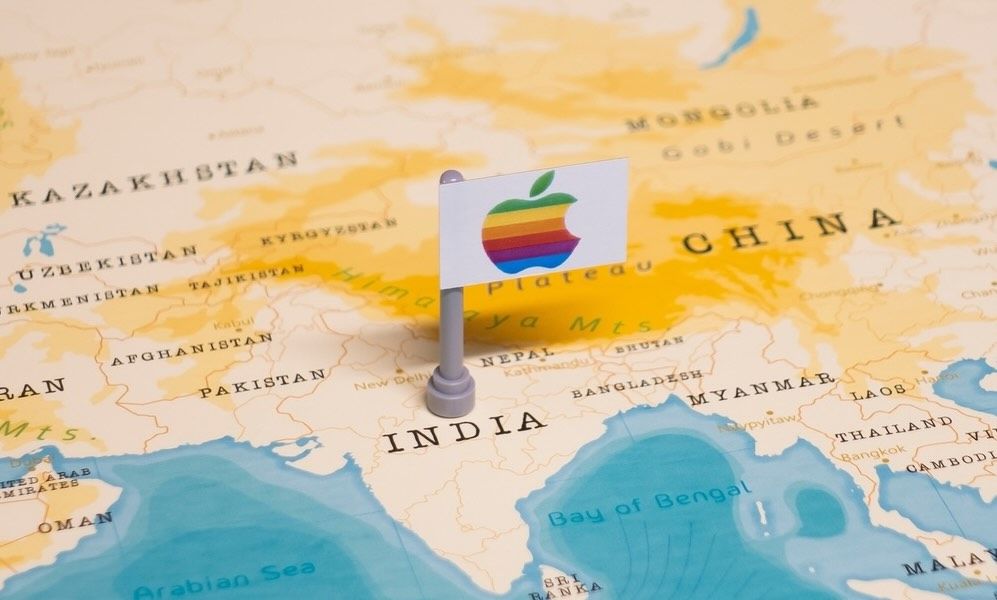Apple Battles Massive $38 Billion Antitrust Penalty in India
 hyotographics / Shutterstock
hyotographics / Shutterstock
Toggle Dark Mode
Despite its increasingly strong investments in the Indian economy over the past few years, it seems that Apple has come under fire from the country’s antitrust regulators for abusing its App Store dominance and forcing third-party developers to use its own in-app purchasing system.
It’s a charge against Apple that’s starting to feel like a tale as old as time. Many developers have been vocally opposed to Apple’s insistence that it receive a 15–30% cut of all digital purchases and subscriptions. That was the core issue in the lawsuit that Epic Games aggressively launched against Apple five years ago, and it’s been at the heart of many new antitrust investigations and new regulations such as the European Union’s Digital Markets Act, which forced Apple to open up the App Store in Europe.
The Indian antitrust case was initiated in 2021 by a relatively unknown non-profit group, “Together We Fight Society,” and was followed by similar filings from Match, the company behind Tinder, several smaller Indian startups and the Alliance of Digital India Foundation. All of the cases made the same basic claim that Apple’s fees were hurting competition, so India’s antitrust regulator, the Competition Commission of India (CCI), opted to lump them all into a single investigative action.
While the allegations aren’t new, what makes India’s case unique is the scope of the penalty. As Reuters reports, India passed a new penalty law last year that allows the CCI to charge penalties based on global turnover, effectively factoring in Apple’s revenue in all countries, not just within India.
That math means Apple could potentially face a penalty of up to $38 billion. That figure is based on a fine of 10% of the company’s average annual global turnover — effectively its total revenue from all products and services — over the last three years.
While Apple has denied all wrongdoing and the CCI has yet to make a final decision in the case, the tech giant is pre-emptively challenging the law, asking that judges declare the use of global turnover to be illegal. In its 545-page court filing, Apple argued that the penalty should be relevant to the infraction, “based on Indian revenue of the specific unit which violates antitrust law,” Reuters says.
In making its argument, Apple cited the example of a toy seller that is also running a stationery business:
It would be arbitrary and disproportionate to levy a penalty on the stationery business’s total turnover of 20,000 rupees, when the contravention is only in relation to the toy business that earns 100 rupees.
Apple’s proactive approach was spurred by an unrelated case in which the CCI issued a fine under the new penalty law for a 10-year-old violation. That left it “no choice but to bring this constitutional challenge now to avoid retrospective imposition of penalty against them,” the company said.
Meanwhile, Match, which asserts that Apple’s 30% commission is stifling its revenues, believes these hefty fines are crucial to protecting its business. A fine based on global turnover could “act as a significant deterrent against recidivism,” the company said in a private October submission to the CCI shared with Reuters.
A $38 billion penalty could be one of the largest fines Apple has ever faced, and while it’s set to argue its case on December 3, legal experts see its chances of success are slim. “It will be difficult to convince the court to interfere with clearly laid down legislative policy,” said Gautam Shahi, a competition law partner at Indian law firm Dua Associates.








